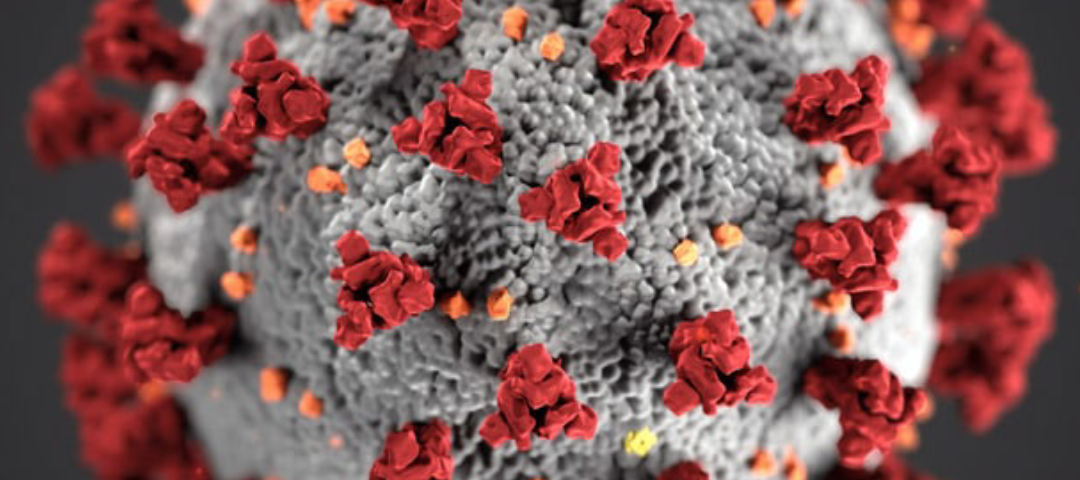
Is Circumcision Right for My Baby?
February 3, 2020
Cloth Face Coverings and Children – The Importance
April 20, 2020Similar to the common cold, Human Coronaviruses are a strand of viruses that nearly everyone will experience at some point in their lifetime. Typically, such illnesses will only last for a limited amount of time.
COVID-19: Novel Coronavirus
In December 2019, a new coronavirus was discovered in China. As the virus has rapidly spread among countries throughout the world, there have been reports of people experiencing mild to severe ailments and even in some cases, death. Due to the recent nature of the novel coronavirus, health official’s main concerns lie on the unknown implications as a result of the virus. Every day, doctors and researchers are learning more about coronavirus including who is most likely to be affected as well as how it spreads.
COVID-19: Symptoms
Symptoms of Coronavirus (COVID-19) can range from mild to severe and may include:
- Fever
- Cough
- Shortness of breath
Who is at risk?
Per the CDC, individuals who are most at risk for the coronavirus include older adults and people with serious chronic medical conditions such as Heart disease, lung disease, and diabetes. Interestingly enough, it has been reported that children are not inherently at risk of getting COVID-19.
How to stay safe:
Because Coronavirus (COVID-19) is so recent, there is presently no vaccine to prevent it. However, there are various measures you can take to keep you and your family safe and healthy.
- Maintain your home clean by disinfecting with your usual sprays and wipes
- Use soap and water as the main way to wash your hands (Strive to scrub for 20 seconds). If you do not have soap and water available, hand sanitizer is the second-best option. Make an effort to find a hand sanitizer with an alcohol base of 60% or higher.
- If your kids are ill, keep them at home and make an effort to keep your children away from others that are sick as well.
- Educate your children on the importance of sneezing into a tissue and immediately throwing it away. If they must sneeze and/or cough and do not have access to tissue, tell them to sneeze or cough into their arm or elbow, rather than their hands.
- Make an effort to keep your hands away from your face.
- Avoid traveling to places that are considered highly infected areas.
Important note: If your child is exhibiting symptoms of COVID-19 or has been exposed to it, call their pediatrician immediately.
Facemask Facts
Healthcare professionals taking care of individuals with COVID-19 must wear facemasks at all times. The CDC recommends that only people with symptoms of COVID-19 should wear facemasks, not those who are healthy.
Prepare for school/childcare closures
If your community experiences a COVID-19 outbreak, health officials may choose to temporarily shut schools and childcare centers down in an attempt to slow the spread of the virus. If staff or students are absent, schools may also have an early dismissal. Make sure that your child’s school can contact you at any time so that you can be prepared to pick your child up or find an alternative solution if you are a working parent.
Have open communication with your employer and consider work from home options, if that is available to you. If you have a child who is in college, encourage them to learn about COVID-19 to get prepared as well.
Keep your children informed
As COVID-19 is inundating all news stations around the globe, it can become alarming to not only parents but children as well. It is encouraged for parents to take information about COVID-19 and filter it in a way that a child will better understand. Avoid setting panic in your child, which can be frightening to them by using these tips:
- Media usage: Monitor what your child sees on TV, social media, computers, etc. Refrain from allowing your child to see unnerving videos or images. If your children are older, talk about the recent updates they are hearing on the news and correct any misinformation.
- Be cautious about signs of anxiety: Parents know their children best. If your child is not expressing worry but is showing signs of it, talk to them and reassure them with facts to get through it. Some signs of anxiety may include mood swings, insomnia, and increased affection.
- Reassure your children: Let your children know that medical health experts and researchers are doing everything they can to get to the bottom of COVID-19. Reassure your children that you and your family are taking all necessary steps to keep everyone safe.
- Teach them safety precautions: Educate your children on what they can do to stay safe. Remind them that they should continuously wash their hands throughout the day as well as coughing into a tissue and getting adequate sleep at night.
Stay in the know
Parents and families are encouraged to update themselves on the facts about COVID-19 as well as abiding by all necessary precautions mentioned above to prevent the spread of the virus any further.





